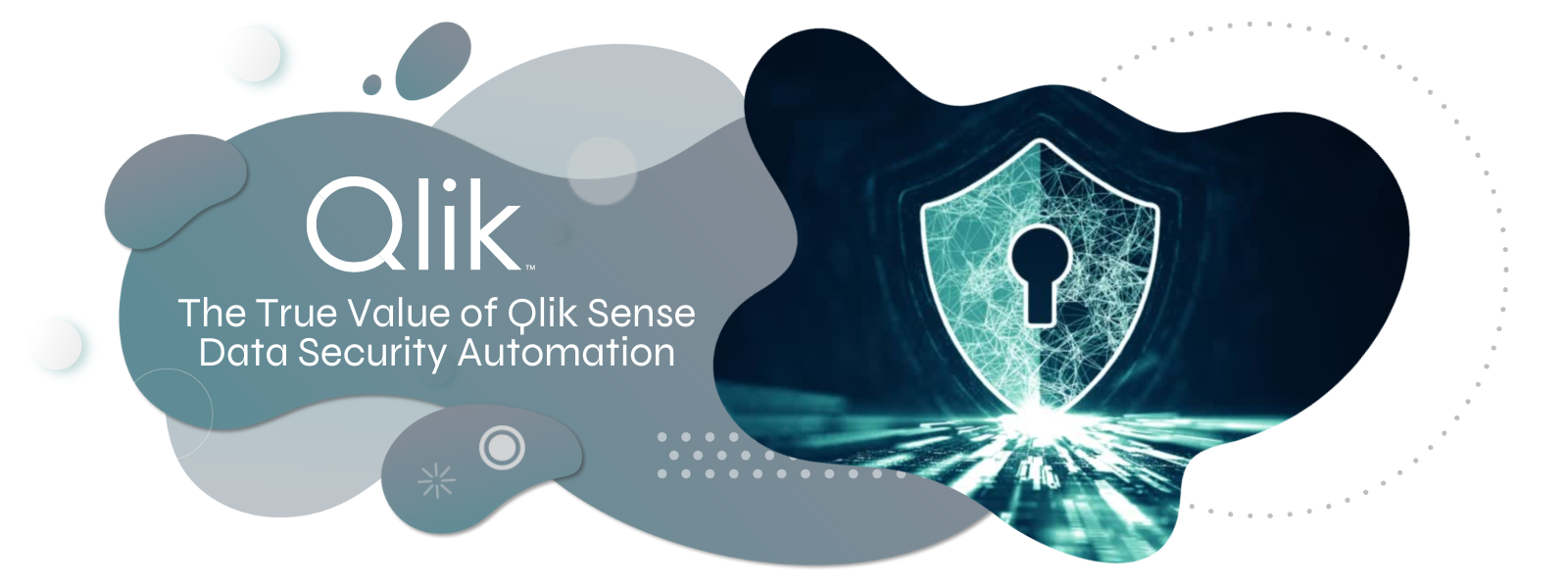The security of Qlik Sense Business Intelligence (BI) applications, as well as user authentication, are critical aspects of BI implementation. Ensuring that only authorized users have access to sensitive data and reports is fundamental to protecting the integrity and confidentiality of business information.
Qlik Section Access Manager values and benefits of implementing security and user authentication in BI applications and reports:

Implementing security measures helps in protecting sensitive business data from unauthorized access and potential misuse. This is essential in maintaining the confidentiality of data such as financial records, customer information, and trade secrets.
Many industries are governed by regulations that require strict data protection measures. Examples include HIPAA in healthcare, GDPR for data protection in the EU, and SOX for financial reporting in the US. Ensuring security and proper user authentication helps organizations comply with these regulations and avoid potential fines and legal consequences.
By restricting access and editing permissions to authorized users, organizations can maintain the integrity of data. This ensures that the data and reports remain accurate and reliable, which is critical for informed decision-making.
Implementing robust security measures can prevent data breaches, which can have devastating consequences for an organization, including financial losses, damage to brand reputation, and legal ramifications.
Security and authentication mechanisms create audit trails that record who accessed or modified data. This is crucial for accountability, as it allows organizations to track any changes or access to sensitive data and, if necessary, trace back actions to specific users.
When users know that the BI application or report they are using has proper security measures in place, they are more likely to trust the system and the data it provides. This trust is essential for the adoption and effective use of BI tools within an organization.
Security and authentication enable the implementation of user access controls, where users are granted permissions based on their roles within the organization. This ensures that users only have access to the data and reports that are relevant to their job functions.
BI data often includes intellectual property such as proprietary algorithms, business strategies, and product details. Protecting this data through security and authentication is crucial to maintaining a competitive advantage.
Not all security threats come from outside the organization. Proper security and authentication measures help in minimizing the risk of insider threats, where an employee or contractor misuses their access to harm the organization.
By controlling user access, organizations can ensure that system resources are not unnecessarily consumed by too many users, which can lead to performance issues. This is especially important for BI systems, which often require substantial processing power for data analysis.
With the increasing trend of remote work and mobile access, securing BI applications and ensuring proper authentication become even more critical. This enables organizations to leverage the flexibility of remote access while maintaining security.
When clients and partners know that an organization takes BI security seriously, it can strengthen business relationships and build confidence in the organization's ability to manage data responsibly.
In summary, the security and user authentication of BI applications and reports are not just a requirement but a crucial factor in the overall effectiveness, reliability, and value that BI brings to an organization.



